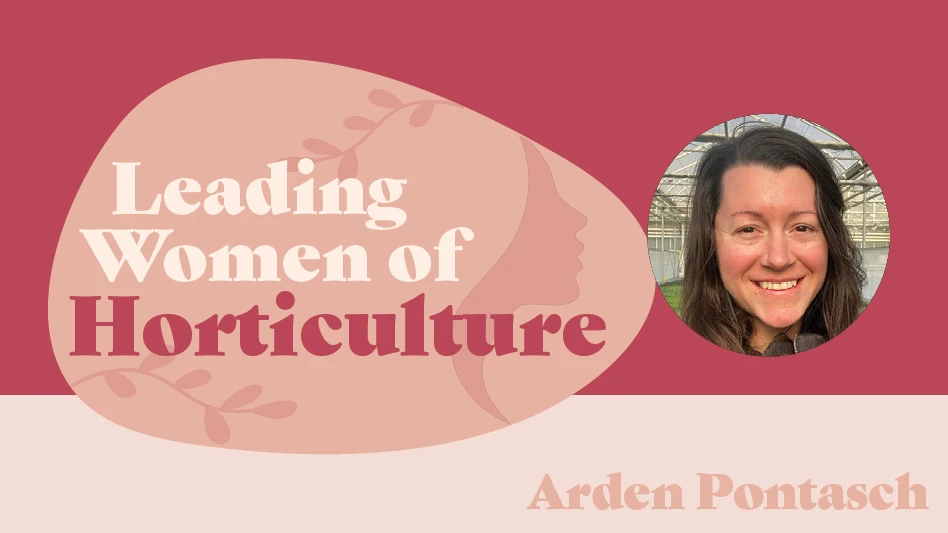
Photo courtesy of Pennsylvania Department of Agriculture
Anyone that grows or maintains trees, vines or any woody plants should learn about this exotic invasive insect before it appears in Michigan.
The spotted lanternfly (Lycorma delicatula) is an exotic insect introduced into the United States from Asia in 2014. First found in southeast Pennsylvania, it is now found in six states. While Michigan is not yet on that list, it has the potential to be. Should Michiganders be concerned? Will this be a problem for farmers? Nurseries? Homeowners?
The spotted lanternfly feeds on a wide variety of woody plants. Large numbers have been found in commercial plantings of apples, peaches, cherries, grapes and hops. They can also be found on black walnut trees, maples, sassafras, black cherry and locust, but their favorite is tree of heaven. Tree of heaven is a tree from Asia introduced as an ornamental and is now considered an invasive pest in most of the United States.
To help answer these questions, Michigan State University Extension and Berrien County Conservation District have teamed up to present a Spotted Lanternfly Workshop on March 6, from 1–4 p.m. at the Southwest Michigan Research and Extension Station, 1791 Hillandale Rd, Benton Harbor, Michigan 49022. Heather Leach from Pennsylvania State University will provide updates on spotted lanternfly biology, where it is currently found, current tools for management and research under way to find more ways to control it.
Eleanor Serocki from SWxSW Cooperative Invasive Species Management Area (CISMA) will help people understand more about tree of heaven, how it fits into the spotted lanternfly issue and what people can do to manage this invasive pest as well. Robert Miller from Michigan Department of Agriculture and Rural Development (MDARD) will be on-hand to discuss plans in preparation for the arrival of spotted lanternfly.
The meeting is free, but space may be limited, so please register by either calling the Berrien Conservation District at 269-471-9111 etc. 3 or using the online registration. Three RUP credits should be available.
This article was published by Michigan State University Extension. For more information, visit https://extension.msu.edu.
Read the full article here.
Latest from Nursery Management
- The Growth Industry Episode 3: Across the Pond with Neville Stein
- Trends: Proven Winners 2025 perennial survey shows strong demand
- Online registration opens for the 2025 Farwest Show
- Sustainabloom launches Wholesale Nickel Program to support floriculture sustainability
- Plant breeding as an art
- Society of American Florists accepting entries for 2025 Marketer of the Year Contest
- American Horticultural Society welcomes five new board members
- Get to know Christopher Brown Jr. of Lancaster Farms





